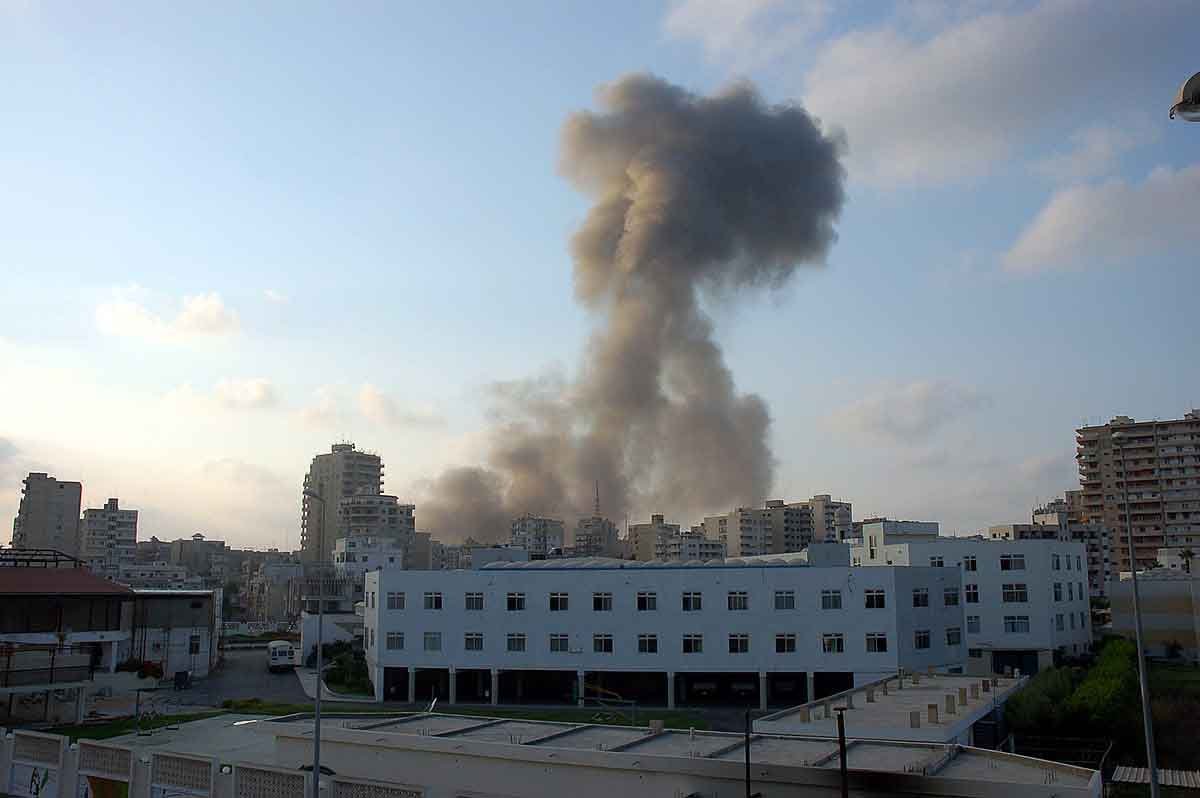Hezbollah Considering Ceasefire Proposal from US and Israel
Diplomatic efforts to end the current crisis between Israel and Hezbollah have gathered momentum. Hezbollah, a Lebanese terrorist group, is reportedly examining a ceasefire plan put out by the United States and Israel, according to individuals familiar with the conversations.
The proposal was conveyed by US Ambassador to Lebanon, Lisa Johnson, to Lebanese officials on Thursday evening. A Lebanese government representative indicated that authorities are hopeful Hezbollah will accept the parameters. An official response to the plan is due by next Monday.
“Right now, diplomatic efforts are heating up,” added the insider, underlining the urgency of the negotiations.
Israel’s Offensive and Its Impacts
The crisis worsened in September when Israel launched a substantial military operation in Lebanon. This followed a series of border skirmishes instigated by Hezbollah in sympathy with Hamas and the Palestinian population in Gaza. The attacks have displaced tens of thousands of people, making a truce a key priority for both sides.
However, even as ceasefire talks are underway, Israel’s military operations have intensified. Airstrikes this week have hit Hezbollah-controlled areas and even locations with displaced residents outside the militant group’s grip.
Lebanon’s Ministry of Health announced that at least 43 people were murdered on Thursday alone, including eight civil defense workers. One of the missiles destroyed a civil defense headquarters in the town of Douris near Baalbek. The staff were inside the building, ready to aid civilians, when the attack occurred.
Key Details of the Ceasefire Proposal
The proposal from the US and Israel attempts to establish a temporary 60-day truce as a framework for a longer-lasting peace accord. The terms are based on UN Resolution 1701, which ended the 2006 Lebanon-Israel war. This resolution restricts armed groups south of Lebanon’s Litani River to the Lebanese Armed Forces (LAF) and UN forces.
Key components of the proposal include:
- Mechanisms to enforce Hezbollah’s pullback from areas south of the Litani River.
- Withdrawal of Israeli forces from southern Lebanon.
- Enhanced participation of the Lebanese Armed Forces to defend southern Lebanon and prohibit smuggling activities across borders.
A Lebanese official involved in the discussions emphasized that these criteria also focus on addressing smuggling routes through Lebanon’s international borders, a significant aspect in the war.
International Efforts and Challenges
The negotiations are being led by Amos Hochstein, the Biden administration’s special envoy to Lebanon, with support from President-elect Donald Trump. Some sources say that Trump’s staff is unlikely to intervene with the ongoing talks before his inauguration.
However, disagreements exist concerning the timing for finishing the deal. While some Israeli officials seek a fast settlement, others believe it would be beneficial to finalize the accord after Trump officially takes office.
The Logan Act precludes Trump, as a president-elect, from personally engaging in these foreign policy conversations. However, his administration has expressed a wish to see the situation resolved immediately to avert further escalation.
Escalation and the Role of Ceasefire
Despite the ceasefire talks, violence has continued to grow. Israel’s escalated airstrikes and ground operations in southern Lebanon have led to considerable fatalities and destruction.
The idea marks a significant effort to pacify the region and deliver relief to the thousands of residents impacted by the fighting. If successful, it might also pave the road for long-term stability in the region and lessen the possibilities of additional escalation.
The US Embassy in Beirut has declined to comment on the continuing negotiations, but officials on both sides acknowledge the necessity of achieving a solution that preserves security and stability for both Lebanon and Israel.

